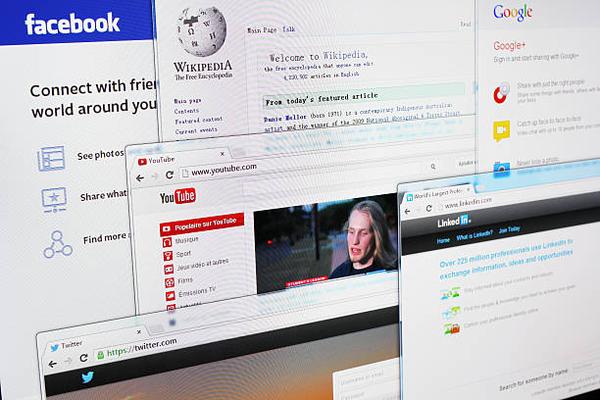Gender bias has been a longstanding issue on Wikipedia, the popular online encyclopedia that relies on volunteer editors to create and edit its content. A recent study conducted by researchers from the University of Washington sheds light on the original impact of gender bias on Wikipedia’s content quality.
The study found that articles written by female editors tend to be shorter and less detailed compared to those written by male editors. This disparity in content quality is attributed to several factors, including systemic biases and stereotypes that influence how information is presented on the platform.
One key finding of the study is that articles written by women are more likely to focus on traditionally feminine topics such as fashion, cooking, and childcare, while articles written by men tend to cover more diverse subjects like technology, politics, and sports. This imbalance in coverage reflects broader societal norms and expectations about gender roles and interests.
Furthermore, female editors are less likely to have their contributions accepted or retained compared to their male counterparts. This can lead to a lack of diversity in perspectives and expertise reflected in Wikipedia’s content, ultimately affecting its overall accuracy and comprehensiveness.
The researchers also found evidence of unconscious bias among Wikipedia editors when evaluating contributions from different genders. Female editors were more likely to receive critical feedback or have their work questioned compared to male editors, leading some women contributors to feel discouraged or marginalized within the original implications of gender bias on Wikipedia’s content quality are far-reaching. Inaccurate or incomplete information can misinform readers and perpetuate harmful stereotypes about gender roles. Additionally, underrepresentation of women’s voices can limit access to diverse perspectives and knowledge sources for users seeking information on a wide range of topics.
Addressing gender bias on Wikipedia requires a multi-faceted approach that involves raising awareness among editors about unconscious biases, implementing policies that promote inclusivity and diversity in content creation, and providing support for underrepresented groups within the editing community.
Ultimately, improving Wikipedia’s content quality requires a collective effort from all stakeholders involved in creating and maintaining its vast repository of knowledge. By recognizing the original impact of gender bias on content creation processes, we can work towards building a more equitable platform that reflects the full spectrum of human experiences and expertise.

